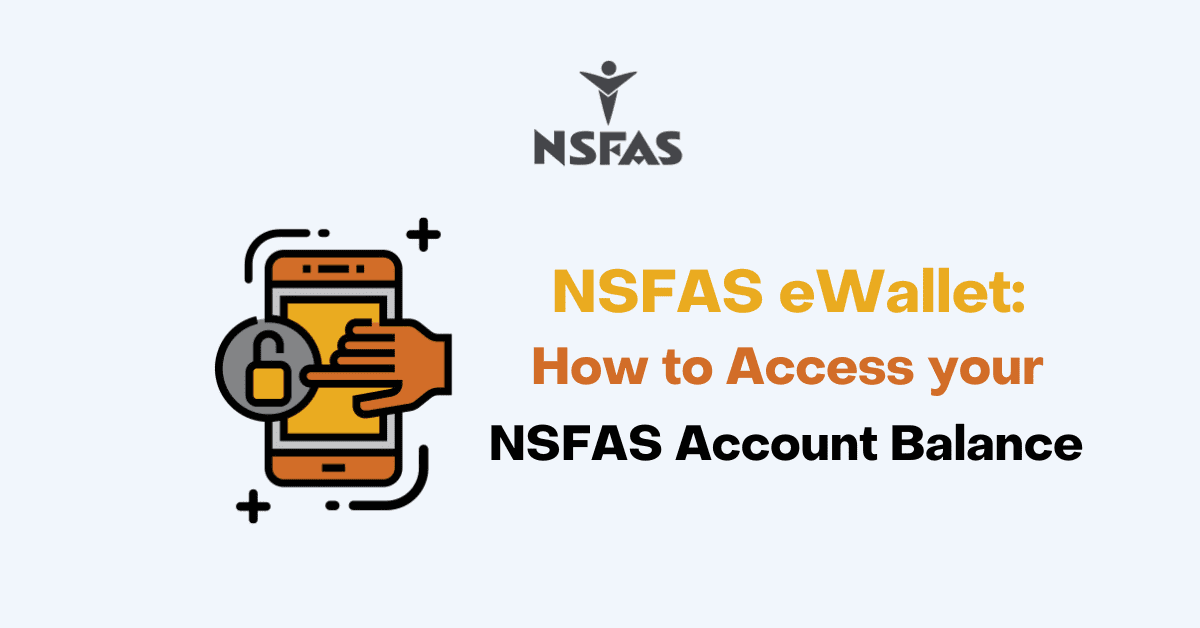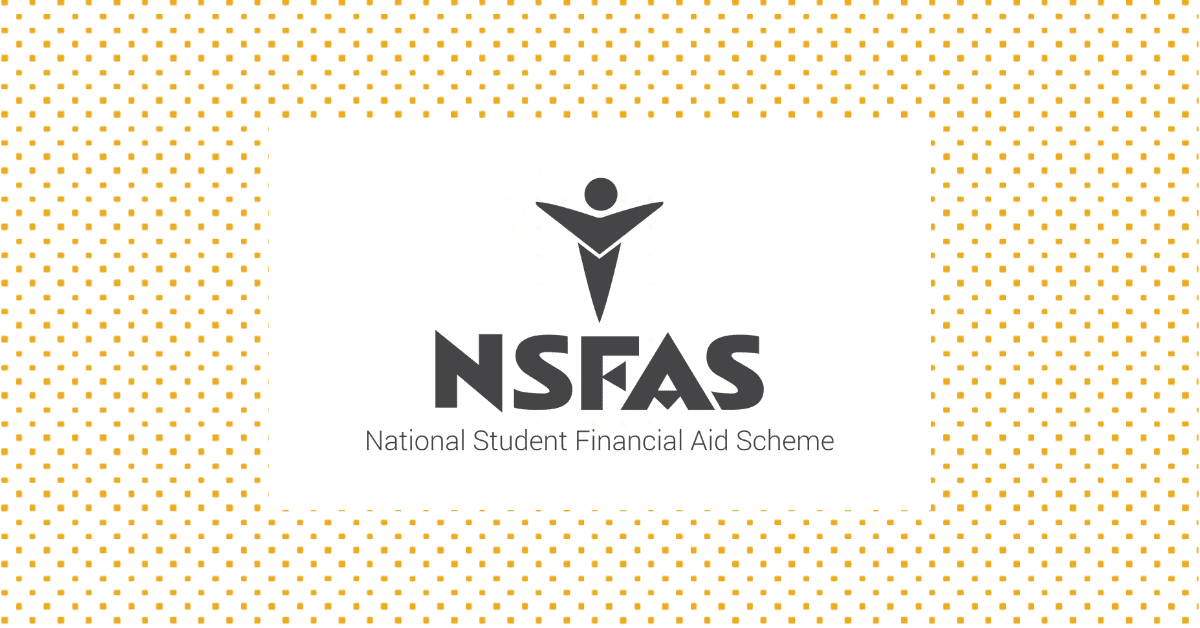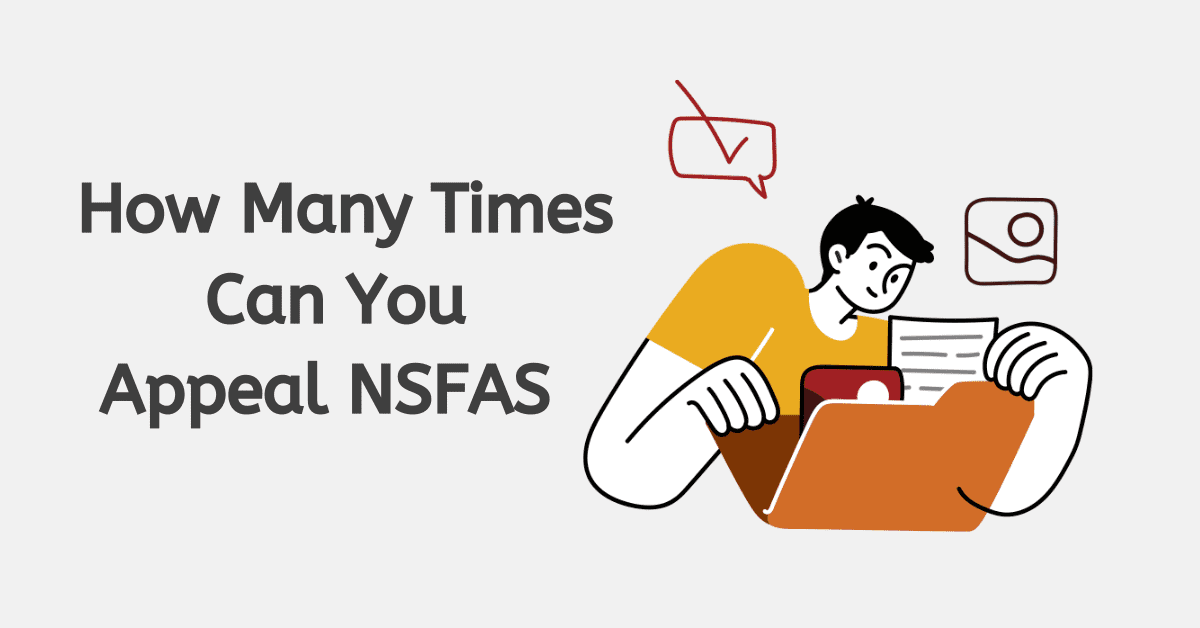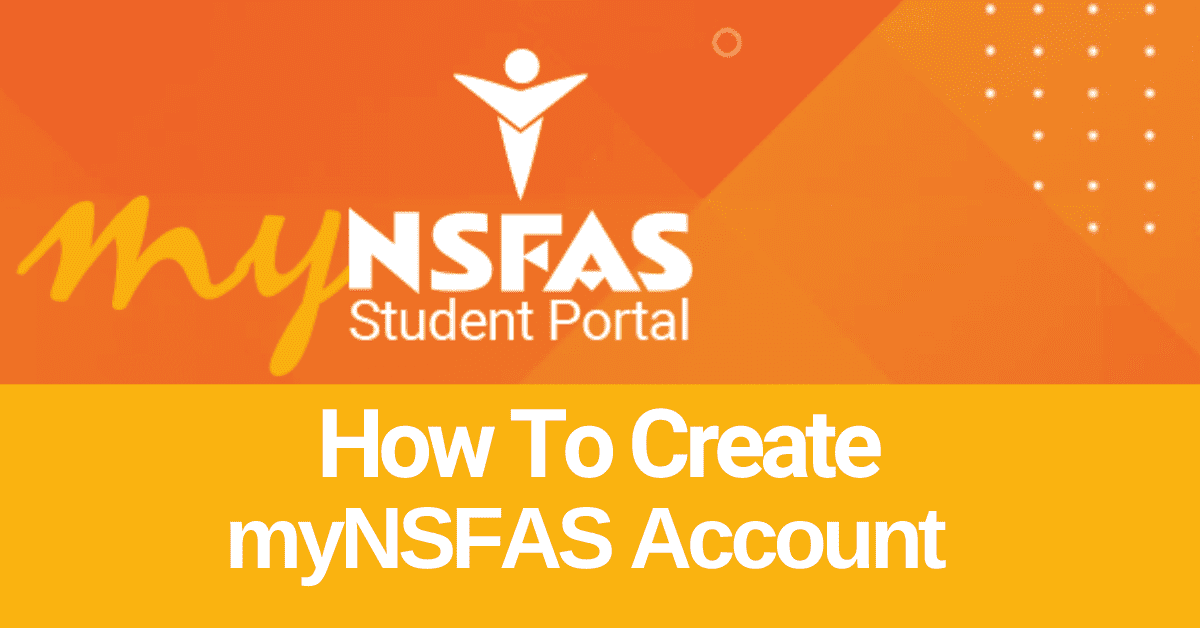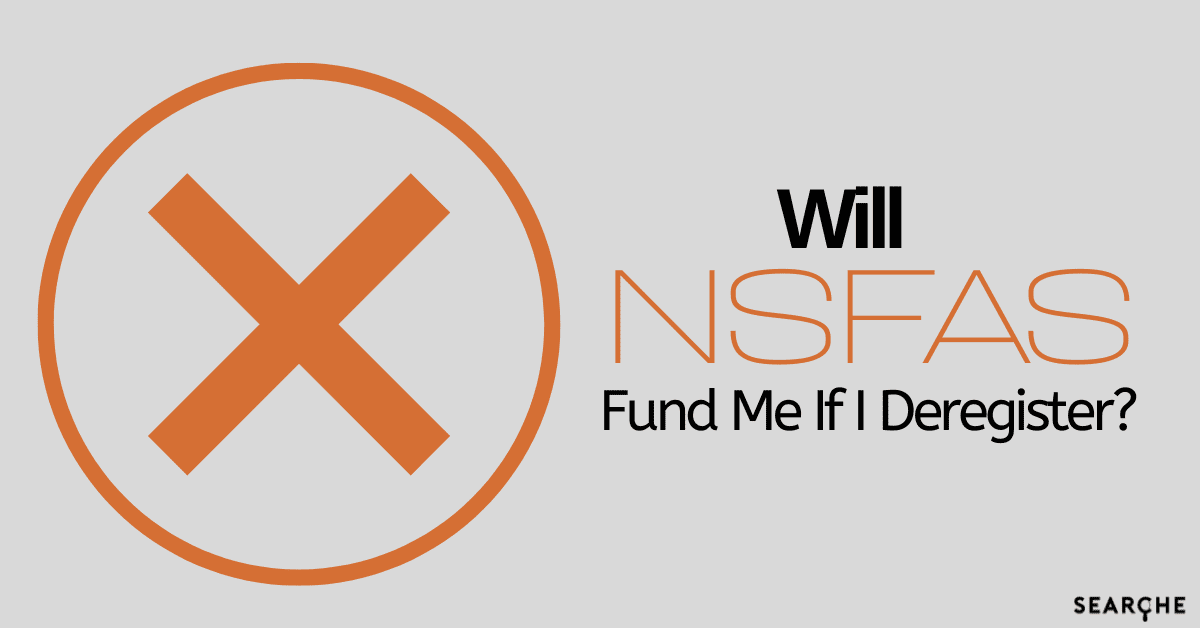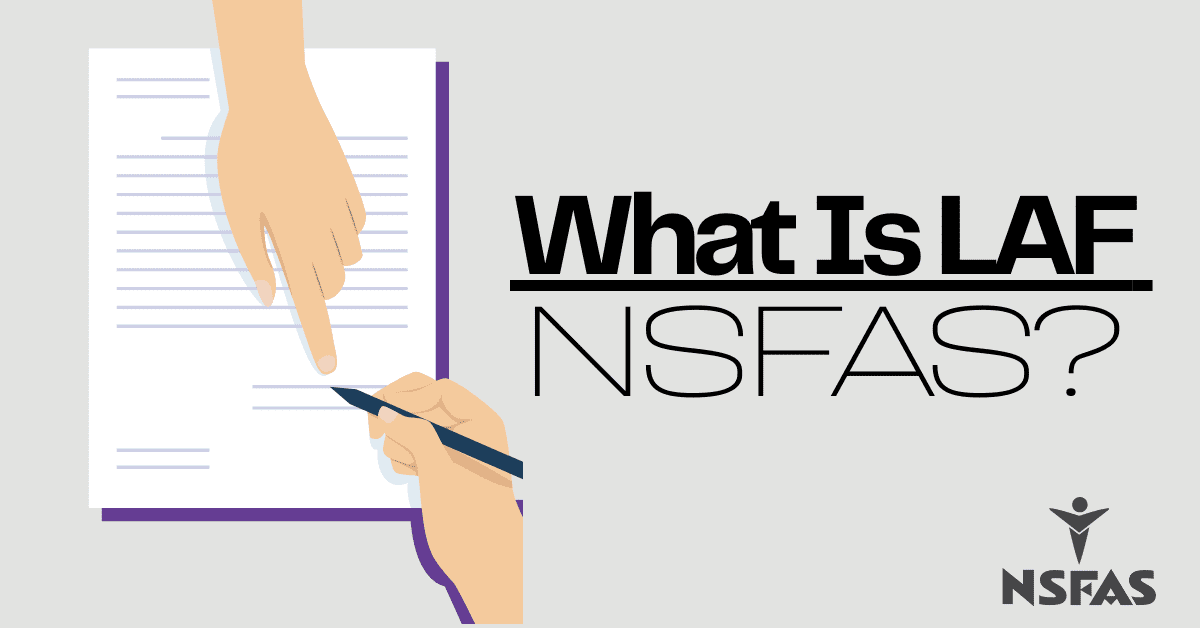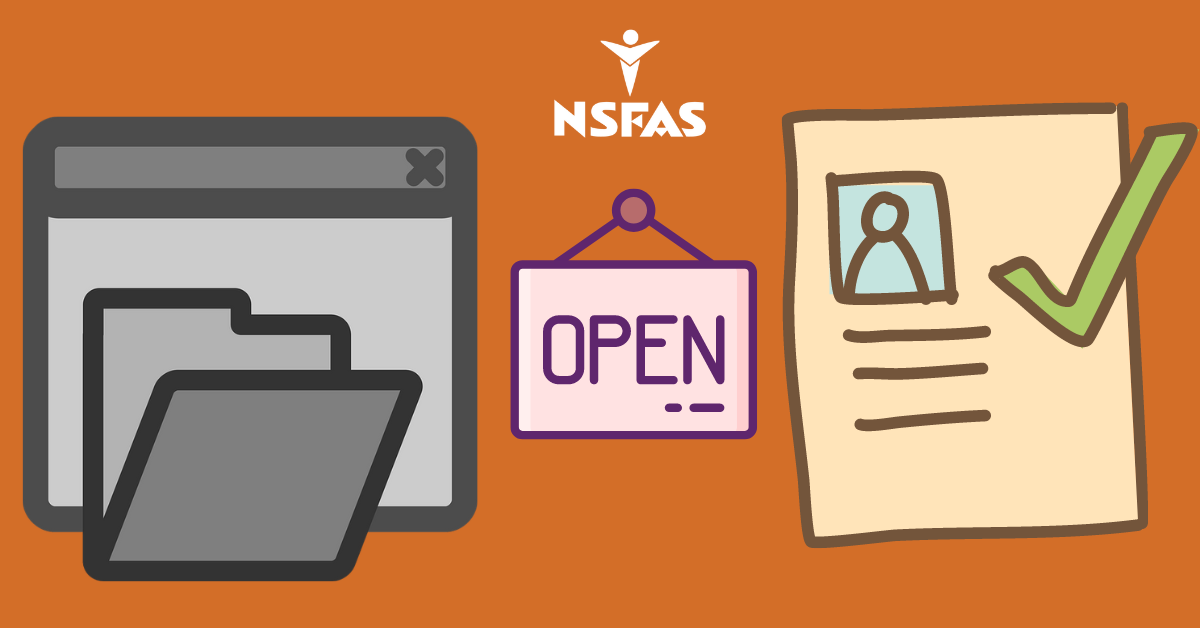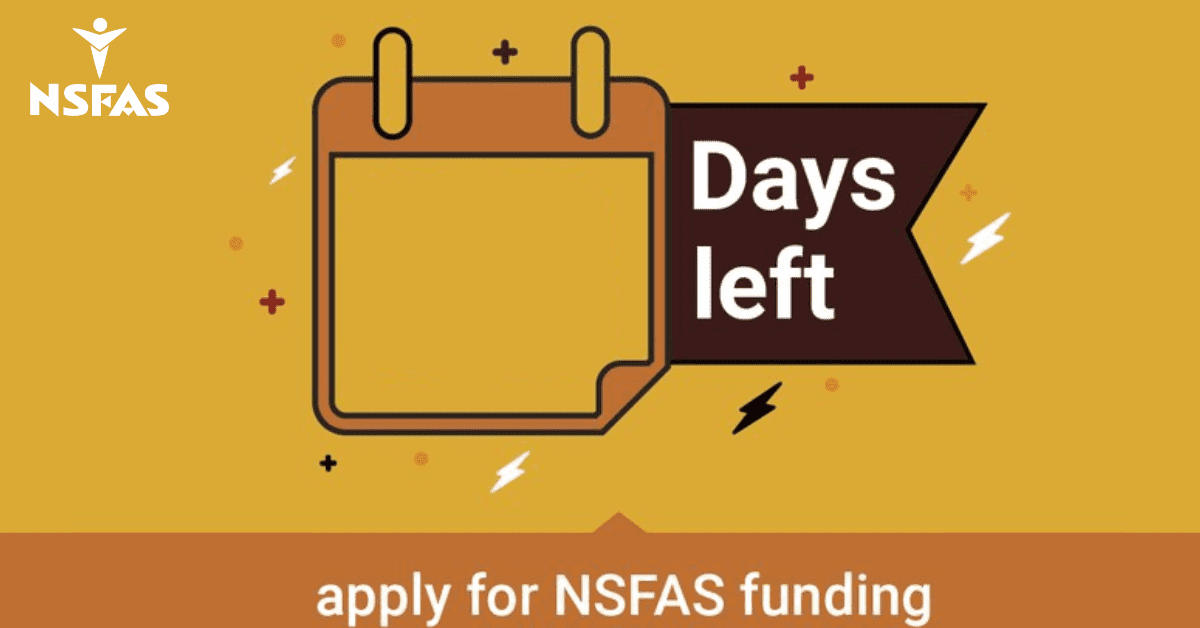The South African economy faces what many economists have termed the triumvirate of poverty, inequality, and unemployment.
These three features culminate in a South African labour market where high unemployment is coupled with a substantial skills shortage, pointing to the structural nature of unemployment in the country.
A 2015 study found that amongst South African firms, 31% of the companies reported talent shortages.
Another 47% of those surveyed stated there was a lack of technical competency and hard skills when asked why they were having difficulties filling vacancies.
With 46% saying there were no available applicants for vacant positions.
This suggests that tertiary education and training are vital to boosting economic growth and lowering unemployment and poverty in South Africa.
This is why NSFAS is poised as the antidote to South Africa’s economic woes, and in keeping in line with making funding to prospective students accessible, this article explores the ins and outs of the NSFAS N+ Rule.
What Does The N+ Rule Mean In NSFAS?
The N+ Rule in NSFAS is a stipulated set of criteria that governs the minimum amount of time a funded student can study a certain course.
In terms of the criteria, continued funding for NSFAS beneficiaries is based on academic eligibility testing, which includes the N+ rule.
N refers to the minimum qualification completion time, also known as the regulated amount of time specified by an institution for a program of a study funded by NSFAS.
The +1, or +2 that follows, is the number of years that NSFAS will pay for a course if you cannot complete it within its specified duration.
N+1 applies to first-time entering students who first registered after December 2017, whilst N+2 applies to students who first registered before January 2018.
What are the types of NSFAS N rule?
Within the framework of the N rule, which governs the academic tenure of funded students, there are two forms of the N+ rule.
These rules are designed as a measure that stipulates the extra amount of time that a student can study a given course and still be funded by NSFAS whilst doing so.
The first is the N+1 rule, which means that NSFAS gives students an extra year on top of the duration of their course to complete their studies and still be funded by the bursary scheme.
The other variant of the rule is the N+2, which gives students an extra two-year period to complete their studies and still be funded by NSFAS.
What is the NSFAS N+1 rule?
The N+1 rule in NSFAS refers to a set of predetermined criteria that stipulate the given amount of time a student can spend on their studies.
The N+, followed by a number, refers to the amount of time NSFAS will continue to fund you after the duration of your course has elapsed.
The N+1 rule applies to all first-time students funded in their studies by NSFAS who registered at a tertiary institution after December 2017.
Students studying a course that is subject to the N+1 rule will be funded for the duration of that course, i.e. 4 years plus an extra year, as stated by the +1 in the N rule.
What is NSFAS N+2 rule?
The NSFAS N+2 rule dictates the number of extra years that a student funded by the bursary scheme can study a certain course after its stipulated timeframe elapses.
The N+2 rule was part of the core funding policy of the bursary scheme for students registered before 2018.
Students who registered at a tertiary institution after 2018 are subject to the N+1 rule in accordance with policy changes implemented after 2018.
When do you need the NSFAS N+1 rule?
If you are a student studying under the auspices of NSFAS bursary, and you registered and were accepted into a course at a tertiary institution after December 2017.
Then your academic tenure at said university or TVET College is covered by the N+1 rule.
This means that for a course with an expected completion time of 4 years, NSFAS will fund you for 4 years, plus an additional extra year on top of that.
Students who cannot complete a given course within the timeframe mandated by its given institution will need the N+1 rule to fully complete their studies.
When do you need NSFAS N+2 rule?
If you are a student who registered and was accepted into a tertiary institution with funding from NSFAS before 2018, you qualify for the N+2 rule.
If your given course has an expected duration of 4 years, NSFAS will fund you for this 4-year period in full, with the N in the rule standing for the course duration.
But should NSFAS-funded students who registered prior to 2018 be unable to complete their studies within the duration of the course, under the N+2 rule, they will be eligible to be funded for an additional two years.
What does exceeded N+ rule enrolment mean?
When a student exceeds the N+ rule enrolment, it means that they are no longer eligible for funding from NSFAS for both the duration of their course or the additional years as stipulated by the N+ rule.
How Does NSFAS N+ Rule Work?
In terms of criteria, continued funding for NSFAS beneficiaries is based on academic eligibility testing, which includes the N+ rule.
N is the minimum qualification completion time, also known as the regulation time specified by the institution for a program of study funded by NSFAS.
The + denotes the extra amount of years NSFAS will fund you in the event that you do not complete your course within the given minimum qualification completion time.
Does NSFAS fund N+1 students?
The N+1 rule applies to all first-time entering students who registered after December 2017 and onwards.
This means that all first-time entering students studying after 2018 will receive funding in line with the N+ rule in accordance with NSFAS’s eligibility criteria.
Does NSFAS fund N+2 students?
The N+2 rule is only valid to students who registered prior to 2018, and all students who were funded after this point are subject to the N+1 rule.
In time the N+2 rule will be phased out of NSFAS when students who registered prior to 2018 complete their studies.
This is to accommodate the ever-growing number of students that NSFAS funds and to ensure the scheme has the financial means to continue providing bursaries in the future.
Can you appeal NSFAS N+ rule?
Significant strides were made to NSFAS for this academic year that allows students to appeal the N+ rule, even when they do not meet the eligibility criteria anymore.
The new policy seeks to address historical disparities between TVET colleges and universities in applying the N+ rule.
The policy allows university students who can demonstrate that they need no more than 60-course credits to complete a degree to be given consideration for funding even if they are no longer eligible according to the N+ rule.
